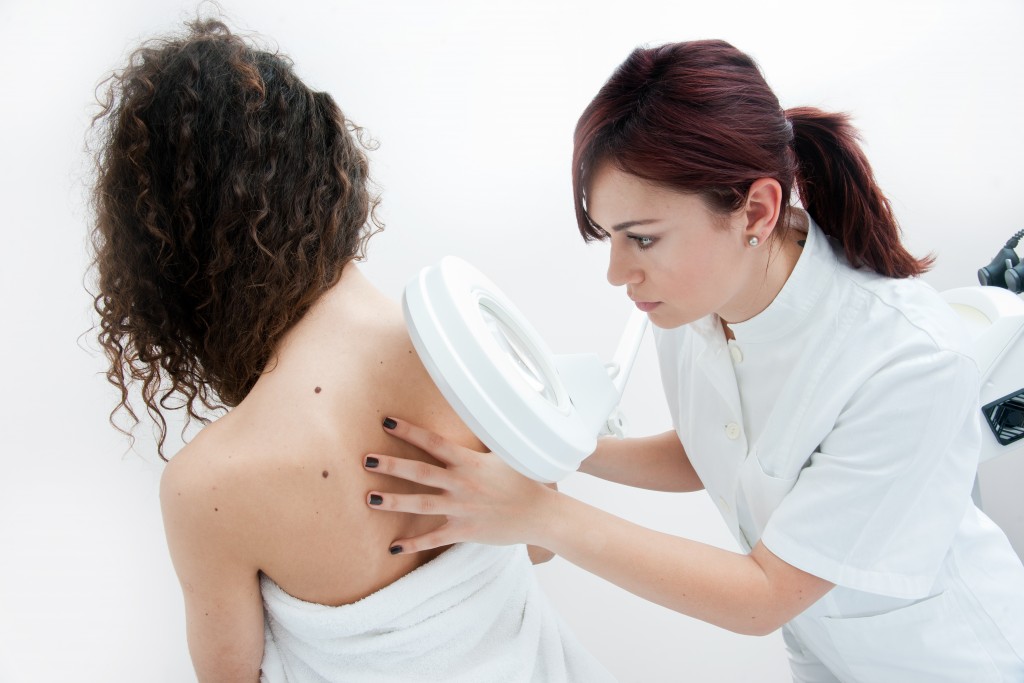Every year, an estimated 6 million people in the United States experience a car accident. Aside from injuries, victims may also deal with trauma, leading to PTSD if not treated. This may affect their daily lives, not just their willingness and confidence in driving.
When you experience your first car accident, you will be in a daze moments after the impact, and adrenaline will keep you from feeling any pain. The obvious solution for this is to calm down and process the situation slowly. Afterwards, help will arrive and you will be taken to the nearest medical facility to receive treatment. But the turmoil doesn’t stop there at all, even with police reports and other technicalities accomplished. The following days will be spent in emotional stress and possible emerging physical pains.
That said, here are some tips to help your body and mind heal after your first car accident.
1. Contact Your Loved Ones
The moment you recover from the initial shock, immediately inform your loved ones of what happened. If you’re unable to contact them right away, you may do so after receiving treatment at the hospital so you can ensure them that you aren’t badly hurt. Their emotional support is crucial for your healing.
2. Be Alert of Emerging Pains
Even if your doctor hasn’t detected any serious injury after the accident, continue to be alert, because some issues may emerge only after some time. They take effect late because of the adrenaline rush you had at the moment of the accident. Your back and neck are most vulnerable, so watch out for any signs of whiplash or other conditions. To treat those, you can turn to a skilled and licensed auto accident chiropractor in Lehi or any other city.
Keep a record of your injuries so you can track your recovery process, and for your doctor’s perusal as well.
3. Receive Therapy

Despite the emotional stress being normal, it’s still advisable to visit a therapist to help you cope. Your therapist will help you overcome any issues caused by stress, such as sleeping problems, irritability, social anxiety, etc.
If you have a history of prior trauma or psychological problems, you might be at risk of developing Post-Traumatic Stress Disorder (PTSD). Likewise, the risk is high if your family has a history of psychopathology, you lack social support, felt high levels of emotion (horror, guilt, fear, shame), or have dissociated yourself immediately after the accident. But even if you’re not at risk, the emotional damage of the accident can still be overwhelming, so counseling remains essential.
4. Take Care of the Legal Matters
The aid of a personal injury or auto accident lawyer is also a must. But the proceedings can be stressful, which may affect your healing, so find a competent attorney who can make the process simpler and easier for you. Just provide all the details of the accident because you can use them to claim insurance coverage, too.
As tough as it might be, try to keep calm as much as possible after the accident. Let the emergency response team and professionals handle the situation before you make any move to reduce the risk of worsening your injuries. Listen to your doctor, therapist, and lawyer as you recover. Keep your loved ones close as well because their support can give you the strength to overcome the trauma and start driving (more carefully this time) again.
